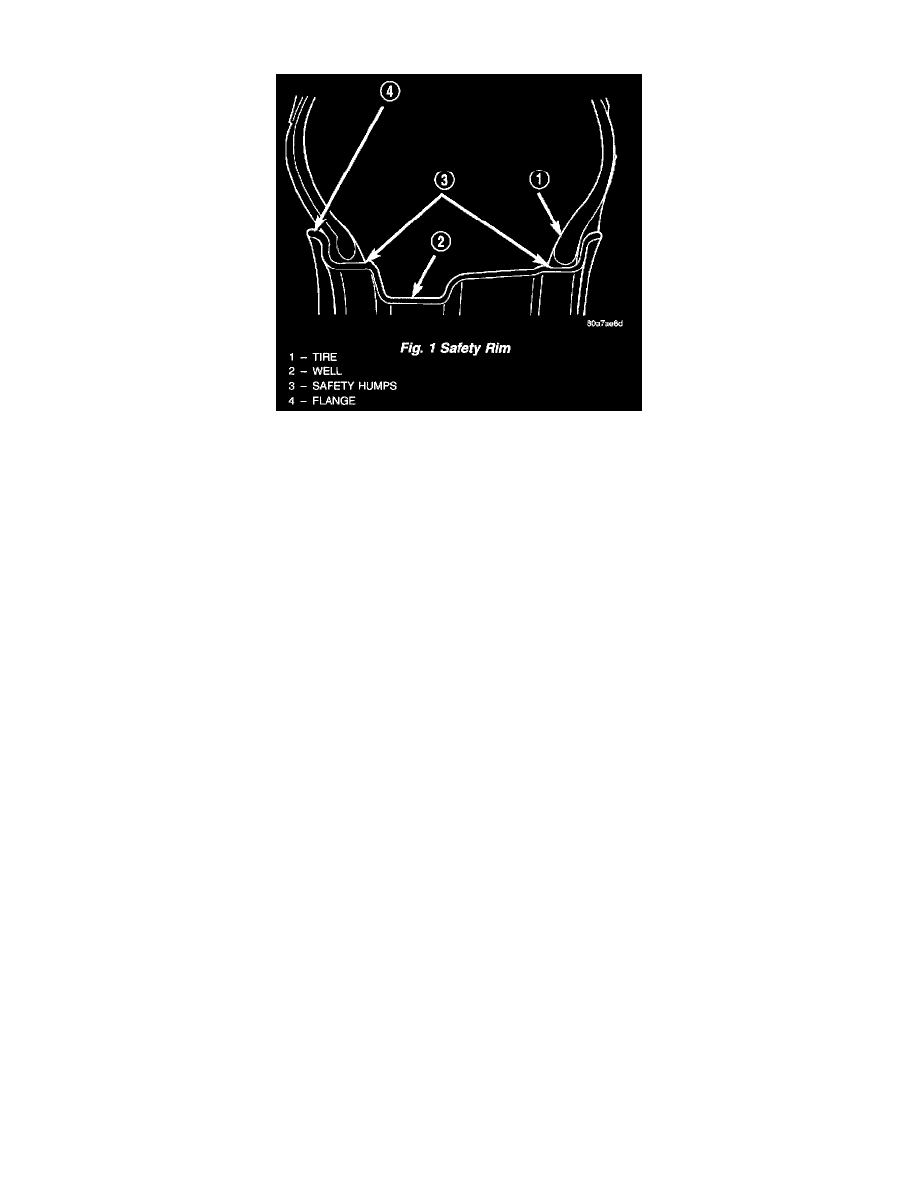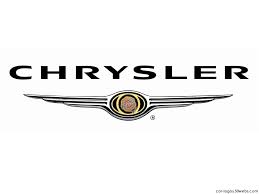Sebring Convertible V6-2.5L VIN H (1997)

Wheels: Description and Operation
Original equipment wheels are designed for proper operation at all loads up to the specified maximum vehicle capacity.
All models use steel or aluminum drop center wheels. Every wheel has raised sections between the rim flanges and rim drop well called safety humps.
Initial inflation of the tires forces the bead over these raised sections. In case of air loss the raised sections hold the tire in position on the wheel until the
vehicle can be brought to a safe stop.
Cast aluminum wheels require special balance weights to fit on the thicker flange of the rim and special wheel clamps for the alignment equipment.
The wheel studs and nuts are designed for the specific wheel applications used on a vehicle and must be replaced with equivalent parts.
Do not use replacement parts of lesser quality or of a substitute design from the original equipment part.
All aluminum and steel wheels have wheel stud nuts with an enlarged nose. This enlarged nose is necessary to ensure proper retention of the wheels,
including the spare.
Vehicles that are equipped with bolt-on wheel covers use large nose wheel nuts. The wheel nuts used on a vehicle equipped with bolt-on wheel covers
are externally threaded so that the wheel covers can be attached to the wheel nuts.
Before installing a wheel, remove any buildup of corrosion on the wheel mounting surface.
WARNING: Installing wheels without good metal-to-metal contact could cause loosening of wheel lug nuts. This could adversely affect the
safety and handling of your vehicle.
